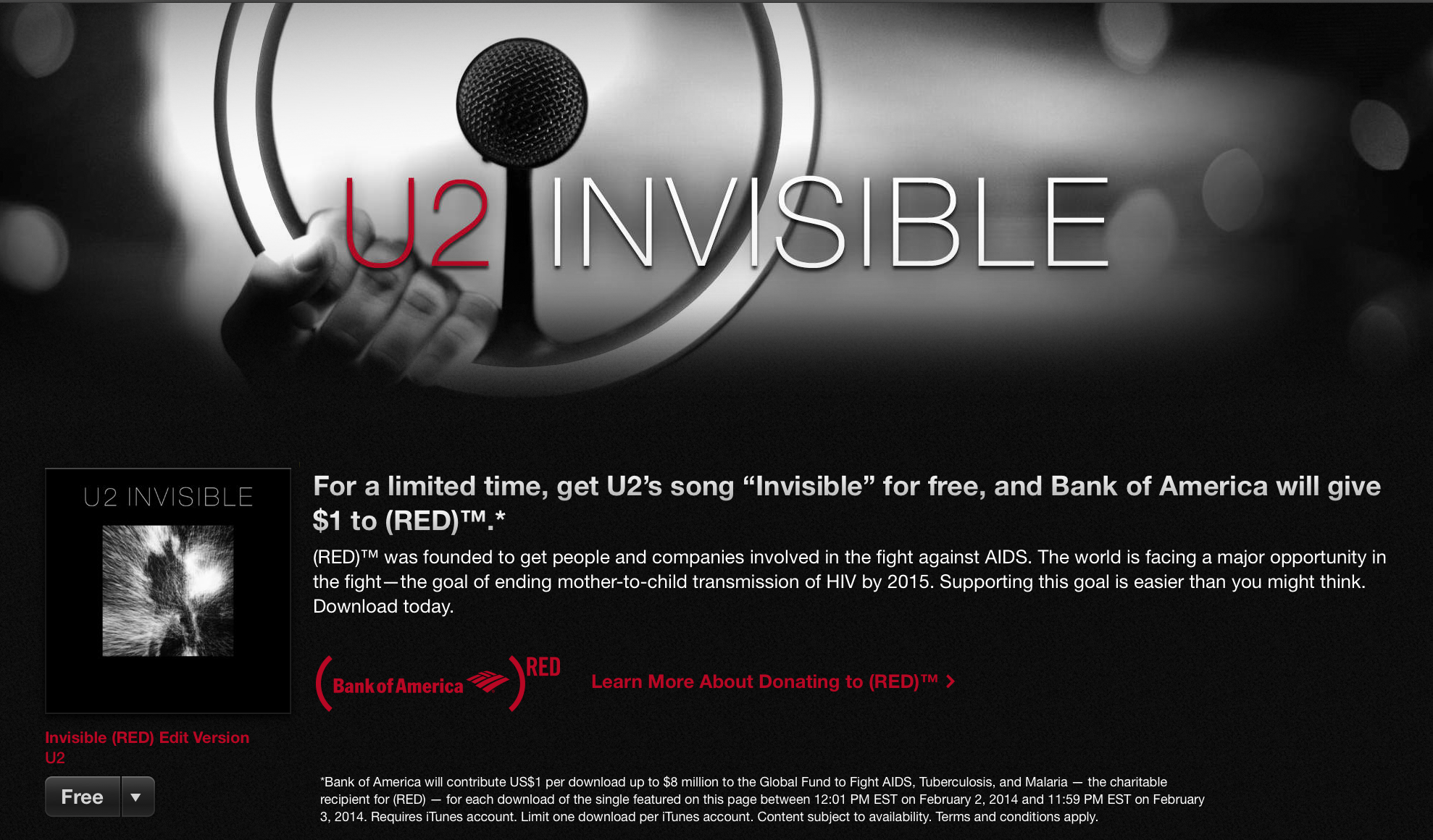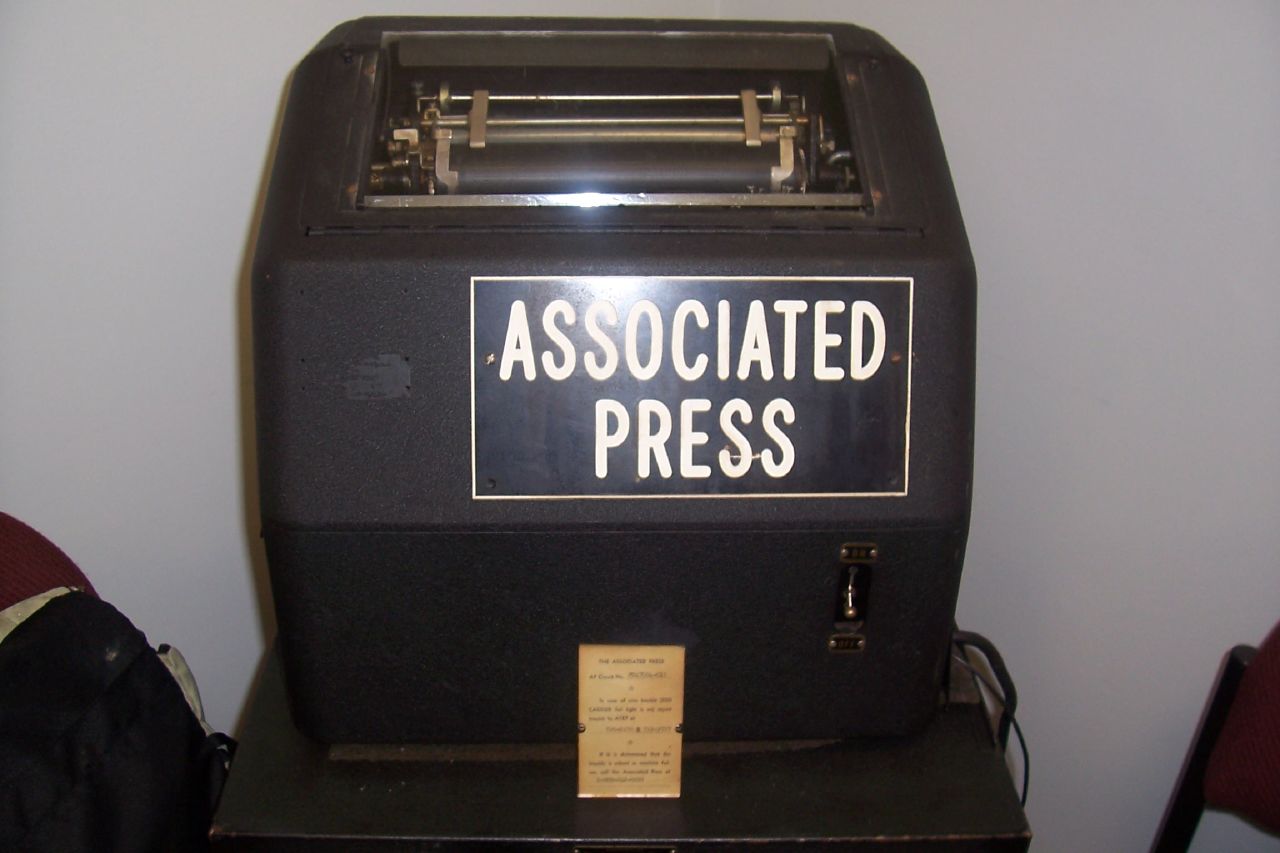Yesterday I awoke to an email from The Graham Norton Show asking to use this photo from my Comic-Con 2010 Flickr set. Well, thank you for asking! My pics all carry a Creative Commons non-commercial […]


Yesterday I awoke to an email from The Graham Norton Show asking to use this photo from my Comic-Con 2010 Flickr set. Well, thank you for asking! My pics all carry a Creative Commons non-commercial […]

I love Twitter, all the more since Eric Snowden’s revelations about the U.S. government’s secret spying program. The company largely stands apart from other techs’ positions, but not completely. In December, I scolded Twitter, along with Apple, Facebook, Google, and a smattering of others for their “disingenuous and self-serving” call for global government surveillance reform.
Today, Twitter tweaks the government regarding an agreement that expands disclosure of information requests, including those that fall under the Foreign Intelligence Surveillance Act. In a startling act of defiance, Twitter chooses not to disclose the number of FISA and other national security-related requests, contending they’re scope is an “overly broad range”.

Super Bowl XLVIII is a real snoozer, with Seattle’s huge lead, and the adverts aren’t much more interesting. Among the few catching my attention: U2 song “Invisible” free on iTunes, with Bank of America donating a buck to (Product) RED. The promotion/donation ends 11:59 p.m. EST February 3.
On Sept. 29, 2006, I posted a quick analysis about (RED), which was then freshly started, to my JupiterResearch blog. The site is long gone, but I have the posts archived. What follows is the original text, complete with the original links, including to MySpace. Facebook was just a wisp seven-and-a-half-years ago. What that brief introduction…
My wife and I just returned home from watching “The Fifth Estate“. My problem isn’t the film but the trailer, which makes the movie look more like a political thriller. The film is nothing like […]

Today, in the Guardian, former CIA analyst John Kiriakou accuses the Obama Administration of abusing the 1917 Espionage Act, claiming that “only 10 people in American history have been charged with espionage for leaking classified information, seven of them under Barack Obama”.
From Day One, the Obama Administration sought to plug any leaks. What’s said in the Oval Office stays in the Oval Office. That’s context for understanding the aggressive approach to whistleblowers. It’s philosophical. The current White House sees leaks as betrayals, so why not view whistleblowing as treason?

Punk rock roared across the globe as I started college in the late 1970s. Punkers protested their disco-loving, Baby Boomer siblings as much as “The Man”. UK punkers tapped into deep frustration among a younger population struggling for identity and future in face of global economic uncertainty.
Punk music then is much different than now. Then it was a lifestyle choice rooted in rebellion. Today, for bands like Green Day, punk, and all its garnishments, is fashionable. Mascara, colored hair, and tattoos are about fitting in to a larger, accepted social group. The real energy behind bands like the Sex Pistols is gone.

I am used to my stuff being stolen, not that I like it—ideas, analyses, blog posts and news stories. Probably my Flickr photos frequently get lifted, too. I’m no great shakes photographer, so it pains but a little. The writing hurts more. But for good photographers like Thomas Hawk, Flickr theft is a bigger deal. Some people see Creative Commons, even All Rights Reserved, as license to steal; if it’s on the Web and freely available, it must be free.

The National Geographic post “Halloween Costume Pictures: Spooky Styles a Century Ago” inspired my own photo essay. National Geo credits the first image “photograph copyright DaZo Vintage Stock Photos, Images.com, Corbis”. The other images also […]

On Friday, I wrote a review of “The Social Network“. Harvard law professor Lawrence Lessig did one better for The New Republic: “Sorkin vs. Zuckerberg—‘The Social Network’ is wonderful entertainment, but its message is actually kind of evil“. Lawrence is insightful as always, although he expects too much of the film’s writer and director. Nevertheless, he makes spot-on observations about what Facebook represents for future entrepreneurs like co-founder Mark Zuckerberg. The film is seemingly a morality tale about moral ambiguity. What’s lost is Zuckerberg’s ingenuity and the network that allowed it to flourish.

Some people—heck, some organizations—have no sense of humor. Humorless perhaps best describes Associated Press, which apparently didn’t get Woot’s joke about owing money for a blog excerpt. TechCrunch’s MG Siegler put AP in its place today, that’s assuming there isn’t yet a nasty takedown-notice response coming.
Some quick background: About two years ago, AP decided that no one should excerpt its content without paying for it. The policy defies decades of journalist practices and fair-use laws. I could understand AP going after blocks of text, but no, it’s the little excerpts, too. Excerpt up to 50 words and AP expects you to pay $17.50; 100 bucks for 251 words or more. The approach is controversial, as it should be.

As a science geek, college biology major (decades ago) and pragmatist, I am appalled that any person or company is granted patents over genes. It’s simply unconscionable to grant ownership over laws of nature, which allowance defies centuries of sound legal prudence. If the Obama Administration and 111th Congress want to do some more meaningful health-care reform, abolishing gene patents would be the right place to start.
There is something so oddly together about where genes started and where they are today. In February 1953, Francis Crick and James Watson uncovered “the secret of life” when identifying the structure of deoxyribonucleic acid, more widely known as DNA. Their pioneering work later led to the Human Genome Project, which when completed in 2003 identified “the approximately 20,000-25,000 genes in human DNA,” according to official information.

Last week I achieved my goal of becoming DRM-free before the end of the year. I have purged all the DRM tracks from my music library and replaced what I could—thanks to the Amazon MP3 […]